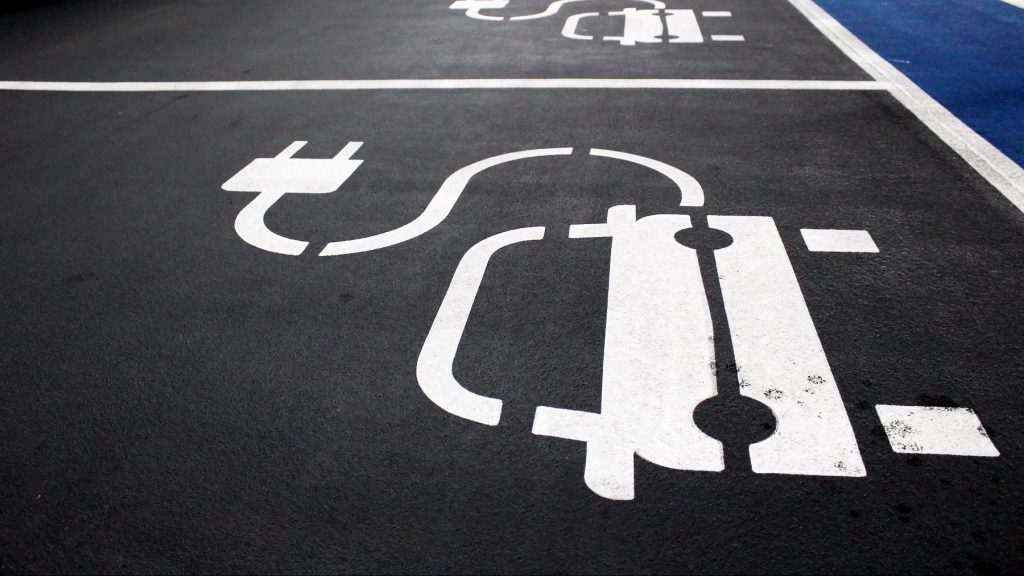 VW & Bosch Create EV Robot Valet Parking
VW & Bosch Create EV Robot Valet Parking Cariad, Volkswagen’s software division, and Bosch are collaborating on a pilot project, testing an automating robot parking, and charging for electric vehicles (EVs). This project combines automated valet parking technology with robots.
“Automation plays a key role in the mobility revolution and the transition to electromobility. Our two services – automated valet parking and automated valet charging – make the mobility experience much smoother for users”, says Manuel Maier, vice president of the cross-domain Level 4 parking product area at Bosch.
For Drivers and Driverless
The driver won’t need to seek parking or to plug in their EVs. What happens is that drivers drop off their cars in a certain area within the garage and then the robot will take over from there. It then navigates the car to a vacant parking space. The robot can then retrieve the car and bring it back to the pick-up point. This optimizes parking space, and charging times, thus reducing the long-waiting lines, cable management issues, and operational costs.
That’s for the driver, but there is a part where the process involves only the robot connecting to the parked car using a robotic arm to manage the charging process without human intervention. This step benefits people with disabilities or mobility limitations.
Rolf Dubitzky, head of parking at Cariad, also sees great potential in this collaboration: “We’re particularly pleased to be shaping the future of automated parking and charging together with Bosch. Our collaboration allows us to test the technologies at an early stage of vehicle development, so that the end product is reliable and offers customers the best possible user experience.”
The project is under the testing phase in two-in-house parking garages. The Cariad’s staff parking garage in Ingolstadt, located in the southern part of Germany, tests driverless parking with automated valet parking. As well as in the Bosch’s development parking garage in Ludwigsburg, situated in the southwestern part of Germany, that focuses on driverless charging with automated valet charging.
There are questions to be raised about EV charging safety and data privacy concerns. Not only these, but lengthy queues at charging stations, penalties for late disconnection of power cables, and handling the cables roughly.
“By addressing these challenges, automated valet charging greatly increases customer convenience when charging electric vehicles. What’s more, the technology offers a range of advantages for automakers, charge spot operators, parking garage operators, and energy suppliers,” Bosch says.
Inside Telecom provides you with an extensive list of content covering all aspects of the tech industry. Keep an eye on our Tech sections to stay informed and up-to-date with our daily articles.